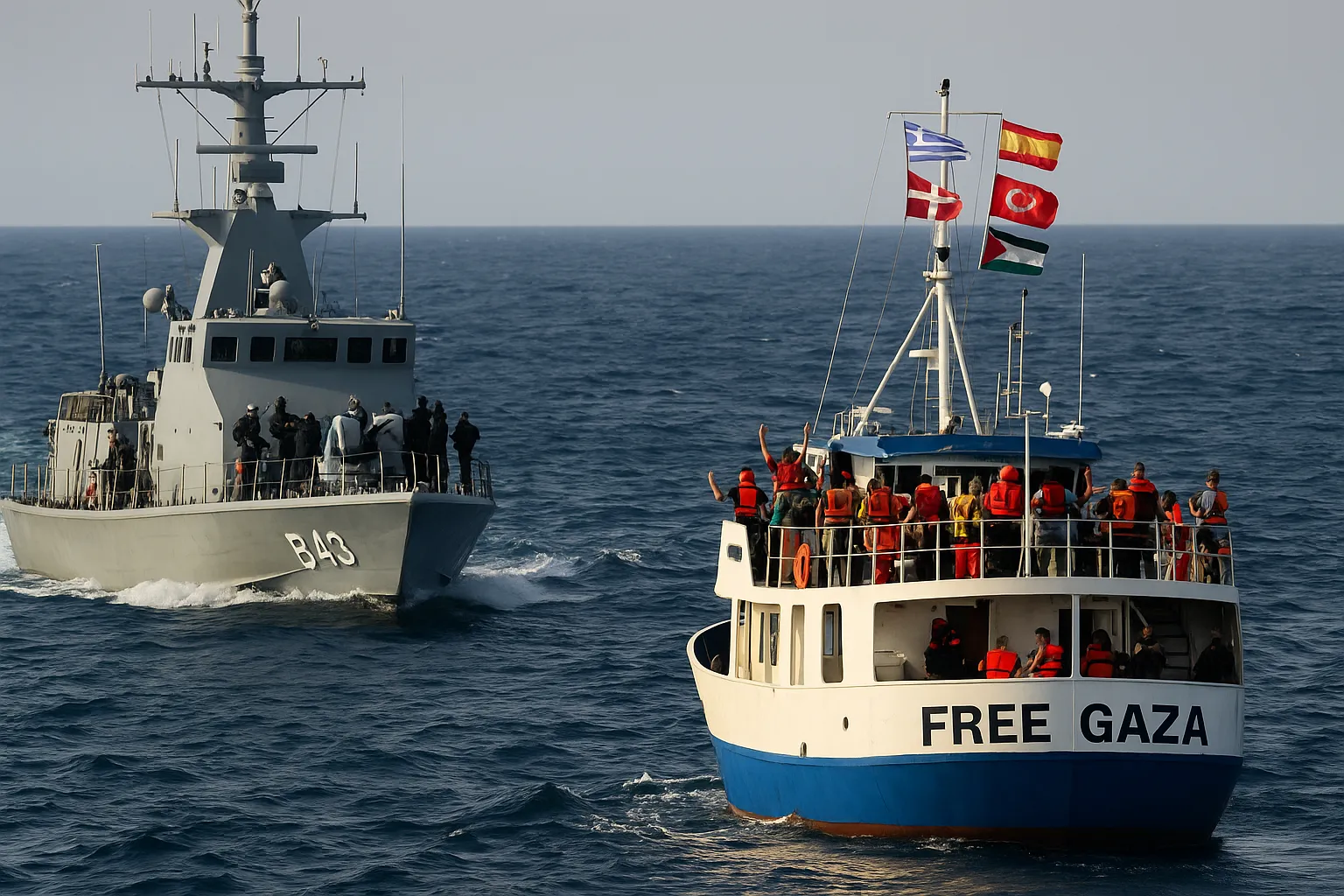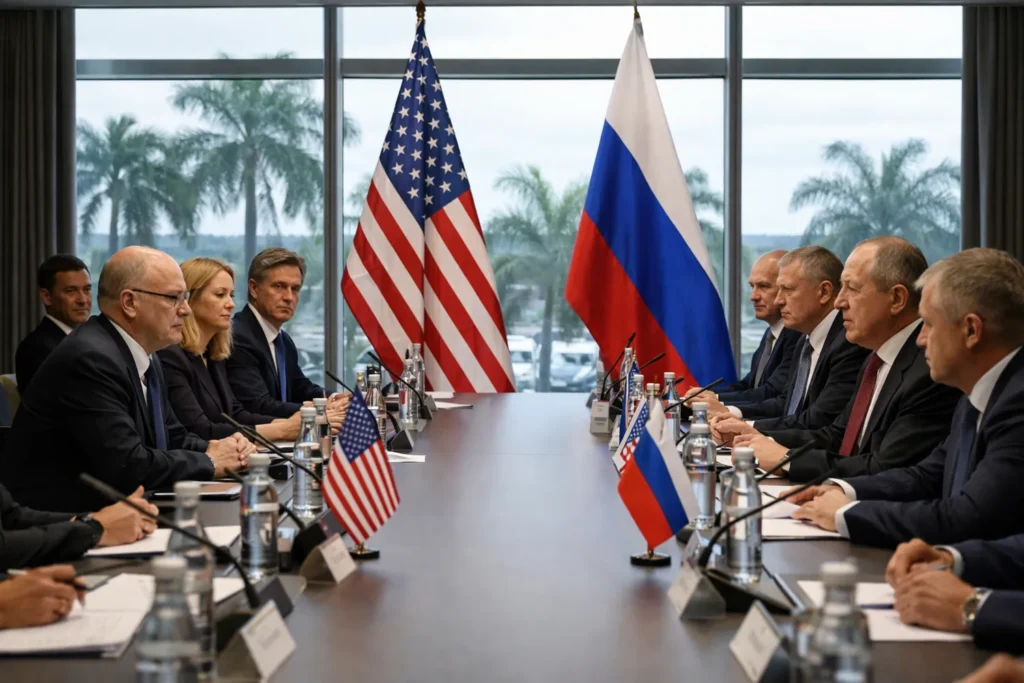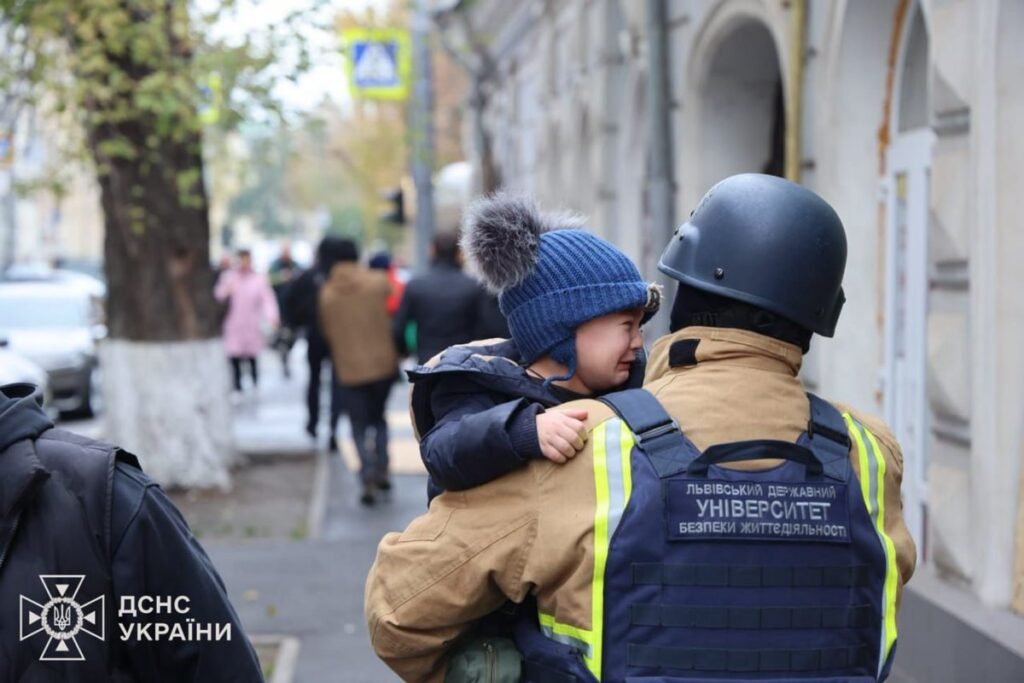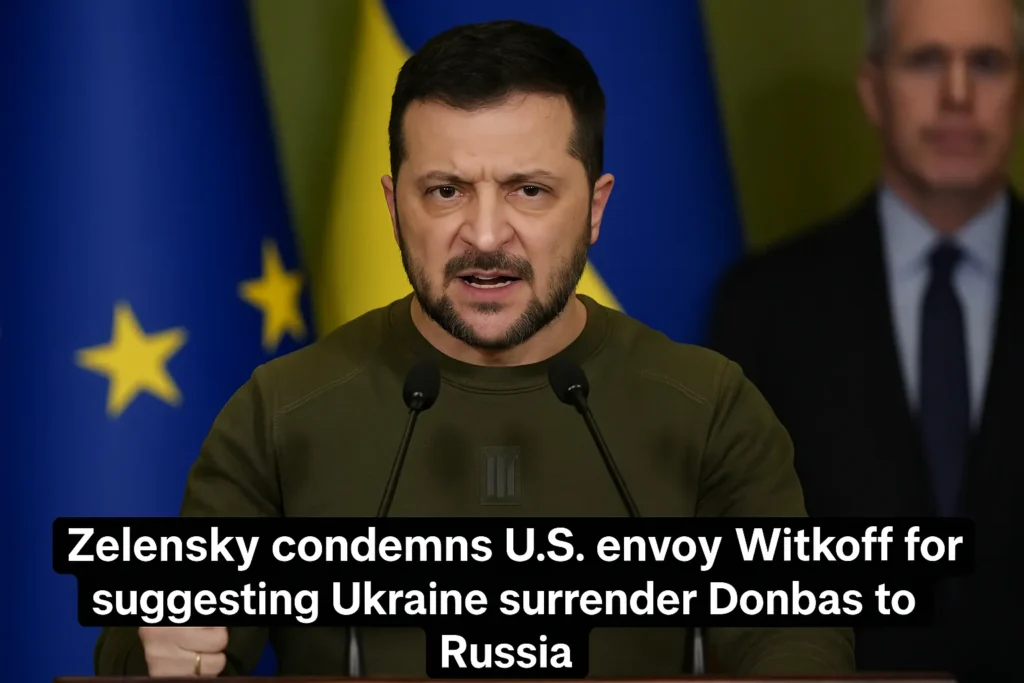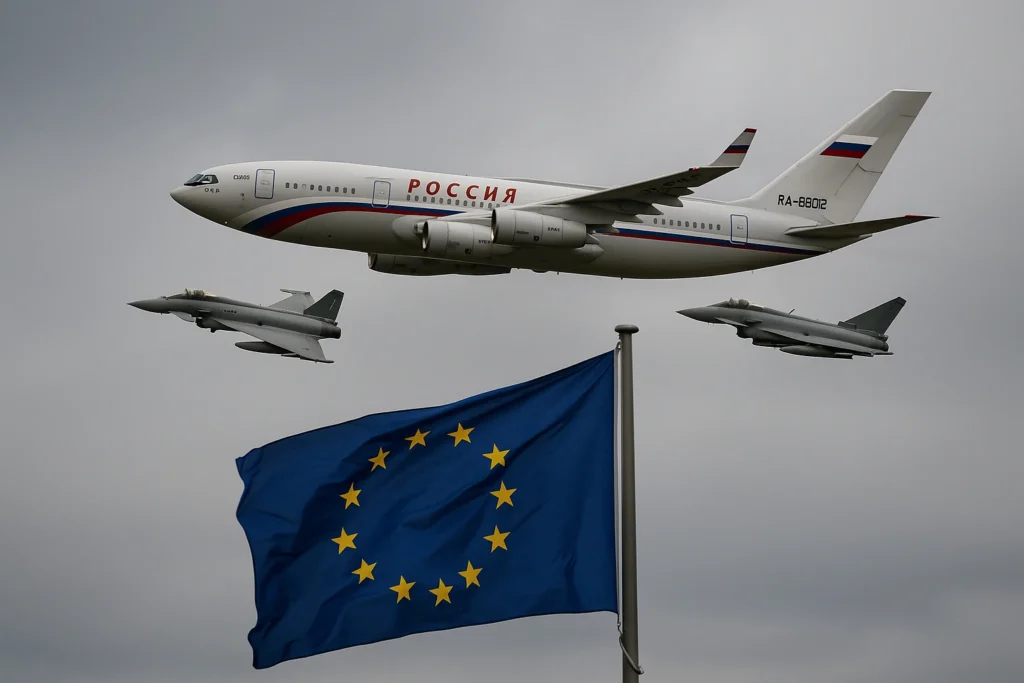The Israel Gaza aid flotilla raid has reignited one of the world’s deepest moral divides — the right to defend borders versus the duty to save lives. Israeli forces stormed a convoy of humanitarian ships bound for Gaza, detaining over 100 activists from more than a dozen countries. The operation, which took place in international waters, has sparked outrage across capitals and reopened a painful question: how far can a state go in the name of security?
Context: The raid and the blockade
The flotilla, organized by several international NGOs, set sail from Cyprus carrying food, medical supplies, and solar generators for Gaza’s population, which has been suffering under a crippling blockade. Israel intercepted the final vessel, the Spirit of Humanity, about 70 miles off the coast.
According to the Israeli navy, the ships ignored repeated calls to reroute to Ashdod Port for inspection. Officials described the raid as “a necessary measure to prevent weapons smuggling.” But onboard cameras, confiscated after the operation, reportedly captured scenes of forceful arrests.
The UN called the 38-hour seizure “a violation of international humanitarian principles,” while aid groups accused Israel of deliberately obstructing famine relief.
Oppositional Argument: Security excuses and moral collapse
Israel’s defenders cite national security. Yet the Gaza blockade has become less about safety and more about control. By intercepting food convoys, the government reinforces collective punishment — a tactic long condemned under international law.
The language of “security” masks a deeper political aim: to maintain dominance over Gaza’s population through deprivation. Israel’s allies, especially the United States, often frame these raids as unfortunate necessities. But necessity cannot excuse the slow starvation of civilians.
The flotilla raid exposes the moral contradiction at the heart of modern geopolitics — a state that claims democratic values while enforcing policies of siege.
Analytical Breakdown: Legal and diplomatic repercussions
International law experts warn that intercepting humanitarian aid in international waters could constitute a breach of the UN Convention on the Law of the Sea. “Israel had no jurisdiction 70 miles off its coast,” said Professor Noura Erakat, a Palestinian-American legal scholar. “This was an act of extraterritorial enforcement — a dangerous precedent.”
Diplomatic fallout has been immediate. Turkey, Spain, and Ireland summoned Israeli ambassadors for explanations. The European Union demanded an inquiry, while the U.S. urged “restraint” — a familiar euphemism for silence.
If the operation is deemed illegal, Israel could face renewed proceedings at the International Criminal Court in The Hague. But accountability remains unlikely, given the political shielding by Western powers.
Human Perspective: The people behind the mission
Among those detained were doctors, journalists, and relief workers from 17 nations. One of them, French nurse Amélie Dufour, described the scene: “We were bringing insulin and baby formula. Then suddenly there were soldiers shouting, guns pointing, everything shaking.”
Families of detained activists have demanded access through the Red Cross. Gaza residents, watching from shore, said they saw flares and gunfire at night — a haunting echo of the 2010 Mavi Marmara raid that left nine activists dead.
For Gazans, the flotilla represented hope. “It was not just aid,” said a teacher in Khan Younis. “It was proof the world still remembered us.”
Counterarguments
Israeli officials insist the blockade prevents weapons from reaching Hamas. Yet even the UN has acknowledged that the overwhelming majority of intercepted cargo consists of civilian goods. Critics argue that Israel could inspect shipments under supervision, rather than confiscate entire convoys.
Security concerns are valid, but the method is indefensible. Protecting civilians cannot mean starving them.
Conclusion: The high seas and the moral low ground
The Israel Gaza aid flotilla raid may prove another diplomatic embarrassment for Tel Aviv — but for Palestinians, it’s another day of survival under siege. Israel’s actions have reignited global anger and revived demands to lift the blockade.
The UN will likely call for an investigation. Israel will likely ignore it. And the world, once again, will debate legality while Gaza counts calories.
In the end, this is not about boats or borders. It’s about whether international law still has meaning when power can rewrite morality at sea.
External Links
- Reuters: Israel intercepts Gaza aid flotilla, detaining activists
- UN Human Rights Office: Statement on Gaza humanitarian access
83 views
